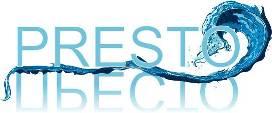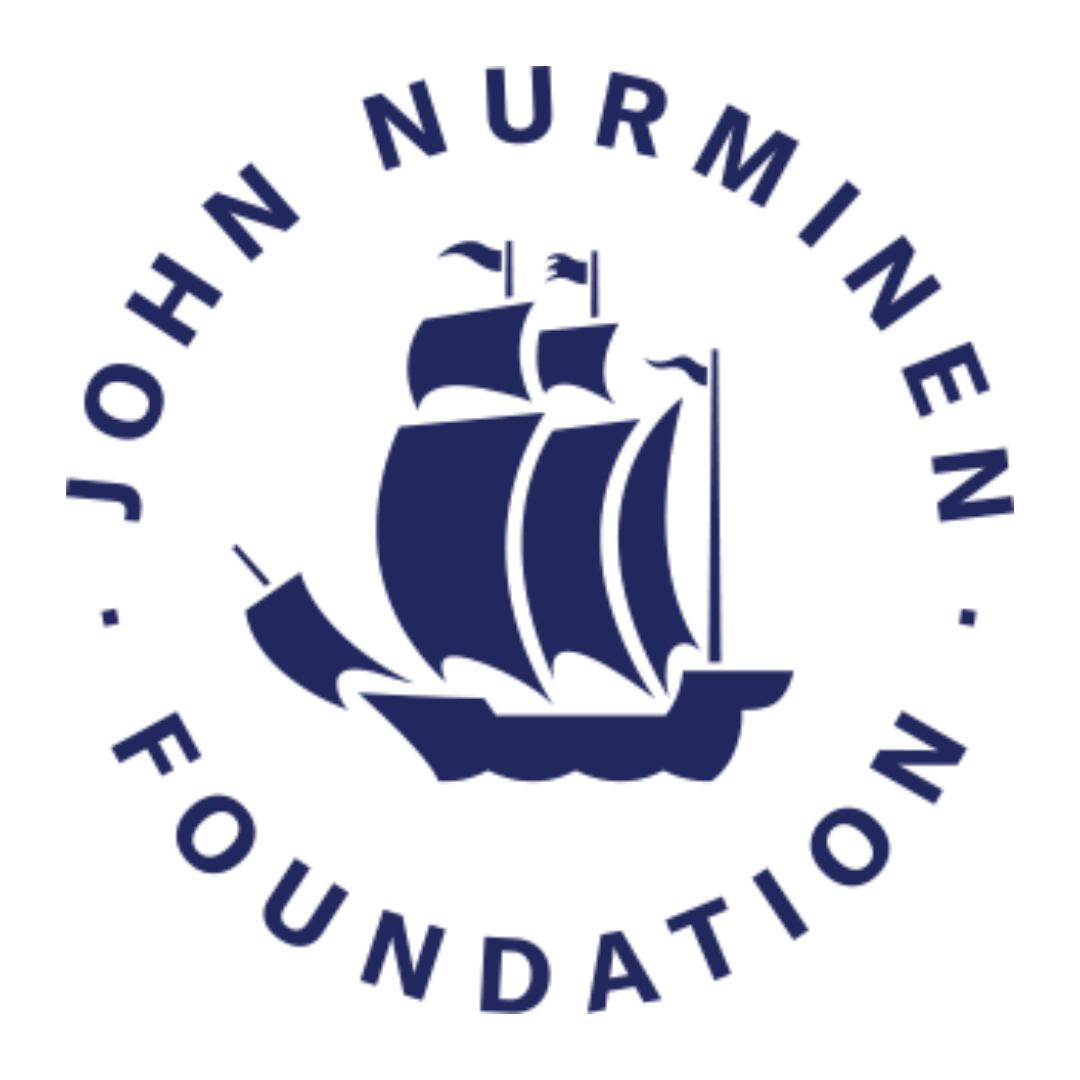 New Baltic Sea co-operation project targets an annual reduction of 500 tonnes of eutrophying phosphorus load in four Belarusian cities
New Baltic Sea co-operation project targets an annual reduction of 500 tonnes of eutrophying phosphorus load in four Belarusian cities
Today the Project on Reduction of Eutrophication of the Sea Today, i.e. PRESTO, is being officially launched in Minsk, Belarus. For the launch, PRESTO project partners and representatives of key parties in wastewater sector from Belarus and a number of other countries gather up in a kick-off event in Minsk, Belarus. The purpose of the event is to share information on eutrophication of the Baltic Sea and freshwaters as well as discuss and present cost-efficient solutions to combat the problem. After the kick-off seminar, the first training of PRESTO on efficient wastewater treatment will be held.
PRESTO aims at a significant positive environmental impact by supporting four Belarusian cities in their attempt to reach the HELCOM recommendation* in nutrient removal from their wastewaters. Within PRESTO, the water utilities of Baranovichi, Grodno, Molodechno and Vitebsk will invest 500,000 Euros each in enhanced nutrient removal at their wastewater treatment plants. When the HELCOM level in phosphorus removal is met, the annual load reduction can amount up to 500 tonnes by 2014. This is a remarkable achievement, equaling almost one third of the total phosphorus reduction potential in Belarus.
Mikhail Durkin, Professional Secretary of HELCOM, comments, “Actions in Belarus can be considered critical for the state of the Baltic Sea. The commitment to act was confirmed by the Government of Belarus at the check-up of HELCOM’s targets in 2010. In 2007, we set the target of cutting almost a half of the annual load of phosphorus to the Baltic Sea, which at the time was 36,000 tonnes. We are short of that goal and still need to cut 9,000 tonnes annually, while one fifth of this reduction could be achieved in Belarus. HELCOM believes that reducing transboundary nutrient load from Belarus will motivate the downstream countries also to further improve their waste water treatment. The project is the first one of this scale adopted in the upper reaches of three major European rivers in the Baltic region. “
The UBC (Union of the Baltic Cities) Commission on Environment is responsible for overall coordination of the project. The John Nurminen Foundation leads the investment part in the PRESTO project. The investments will be based on technical studies, commissioned by the Foundation. The Foundation also oversees the implementation of the investments in the project. Alongside with concrete investments, a key element of PRESTO is to increase the knowhow of Belarusian wastewater professionals in the field of enhanced nutrient removal. The training activities of the project are led by the Berlin Technical University. In addition to the above mentioned water companies, also the water utilities of Brest, Lida, Polotsk and Slonim as well as Belarusian technical universities and design institutes participate in this part. The water utilities of Daugavpils (Latvia) and Kaunas (Lithuania) participate in PRESTO by sharing their experiences in wastewater treatment plant modernization with the Belarusian partners.
Chairman of the UBC Commission, Mikko Jokinen, comments, “In PRESTO we continue the fruitful co-operation between the John Nurminen Foundation and UBC that started in 2009 with the Project on Urban Reduction on Eutrophication (PURE). By enabling technical improvements in wastewater treatment, these projects will also improve the living conditions of citizens in project cities and countries. PRESTO also facilitates exchange of experiences between wastewater treatment professionals of Baltic and Belarusian cities, and raises overall awareness and competence to combat eutrophication and other environmental problems by organizing forums and trainings.”
Juha Nurminen, Chairman of the Board, the John Nurminen Foundation states, “PRESTO is the first project of this magnitude in Belarus for us and our partners. We will build on our valuable experiences in our projects in the North-West Russia, especially in St. Petersburg. In terms of executing this kind of a multilateral project, we already have a good track record with UBC. PRESTO will show how public and private sector can co-operate, each party bringing their expertise to the table for a shared goal. The end result will be concrete and result in a significant positive environmental impact.”
PRESTO was approved by the EU Baltic Sea Region Programme Monitoring Committee in June 2011. The total project budget is 4.55 million Euros and the direct investments in enhanced nutrient removal at the wastewater treatment plants are worth two million Euros. A major share of the project is financed by the EU: it covers 75-90 % of the project expenditure of the partners depending on the country of origin of the partner organization. Additionally, the Finnish Ministry of Environment supports the Finnish project partners John Nurminen Foundation and Union of the Baltic Cities (UBC) with altogether 185,000 Euros, which covers most of the self-financing costs of these two partners.
Tatyana Meleshko, Deputy Head of Department, Ministry of Housing and Communal Services, Republic of Belarus, comments, “We find the project PRESTO very important for the Republic of Belarus. By taking part in this project, Belarusian experts have a unique opportunity to get familiar with progressive western technologies in wastewater treatment and nutrient removal. At the same time, co-operation with European partners provides us with scientific and practical consultation and opportunities to share experiences and information on achievements in municipal wastewater treatment sector. The information gained on the course of work of the project PRESTO will help us in further improvements of wastewater treatment technologies in the Republic of Belarus.”
* The Baltic Marine Environment Commission (HELCOM) recommends a total phosphorus concentration of no more than 0.5 mg/l in the effluent of the wastewater treatment plant. For nitrogen, the recommended concentration is 10 mg/l for wastewater treatment plants with the capacity of over 100 000 population equivalents. http://www.helcom.fi/Recommendations/en_GB/rec28E_5/
More information:
Marjukka Porvari
Director, Eutrophication
John Nurminen Foundation
Phone: +358 41 549 1535
e-mail: firstname.lastname@jnfoundation.fi
Tuula Putkinen
Communications Manager
John Nurminen Foundation
Phone: +358 400 907 809
e-mail: firstname.lastname@jnfoundation.fi
Pekka Salminen
Project coordinator
Union of the Baltic Cities Commission on Environment Secretariat
Phone: +358 44 9075999
e-mail: firstname.lastname@ubc.net
Note to the editors
Part of Belarus is located in the catchment area of the Baltic Sea. Nutrient loads from this part of the country end up in the Baltic Sea via three routes: The River Vistula, which runs through Poland, The River Neman, which runs through Lithuania and forms the border between Latvia and Kalingrad Region, and the River Daugava, which runs through Latvia. The water treatment infrastructure of the country was built in the Soviet era, and in its current state, nutrients are not removed efficiently. The Baltic Marine Environment Protection Commission HELCOM has estimated that if nutrient removal efficiency will be improved in Belarus, it could be possible to reduce the amounts of phosphorus entering the Baltic Sea by even 1,500 tonnes.
The John Nurminen Foundation’s Clean Baltic Sea projects improve the state of the Baltic Sea. The target of the Foundation’s eutrophication projects is to achieve an annual reduction of 2,500 tonnes of phosphorus discharges by 2015. The Foundation’s Tanker Safety project aims to reduce the risk of an oil disaster by introducing a new navigation service ENSI® (Enhanced Navigation Support Information) to tankers in the Gulf of Finland. The Foundation’s Clean Baltic Sea operations are funded through private donations and public funding.
